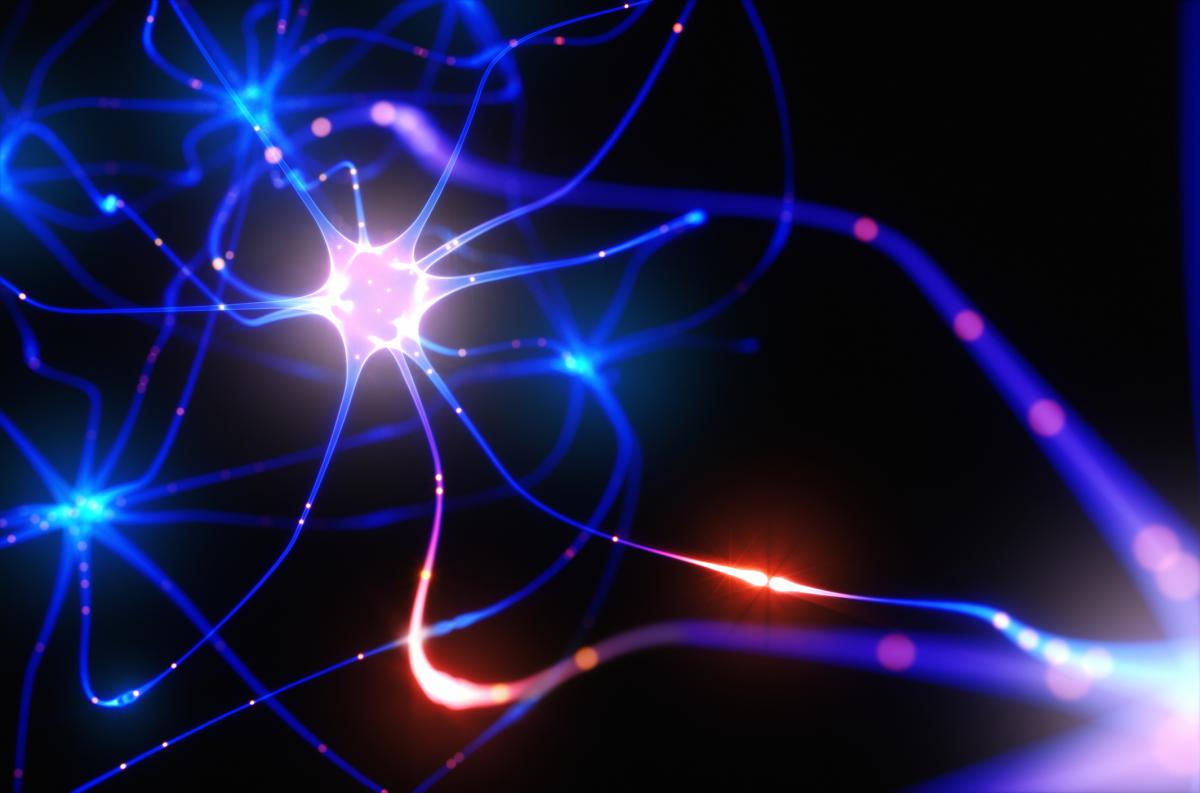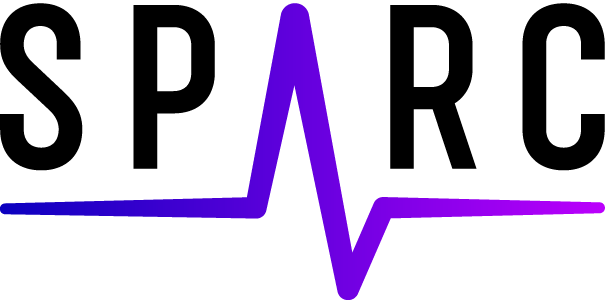 Stimulating Peripheral Activity to Relieve Conditions Neuromod Prize Phase 1
Stimulating Peripheral Activity to Relieve Conditions Neuromod Prize Phase 1
The NIH Common Fund has named eight winners of the first phase of the Neuromod Prize, a $9.8 million competition to accelerate the development of targeted neuromodulation therapies that adjust nerve activity to improve organ function. The first phase called on scientists, engineers, and clinicians to compete for a share of the $800,000 Phase 1 prize pool by submitting novel concepts and plans for precisely stimulating the peripheral nervous system to treat disease and improve human health.
Neuromodulation has the potential to treat nearly any condition in the body through regulation of the nervous system. Early neuromodulation clinical studies have yielded both promising successes and puzzling failures, highlighting an urgent need for a clearer understanding of which neural targets to influence and how to precisely adjust organ function.
With this competition, NIH is using open innovation to foster approaches that are capable of precisely adjusting nerve activity to restore healthy organ function, while limiting side effects and improving patient quality of life. Phase 1 of the Neuromod Prize received 45 submissions from independent teams, small companies, universities, and medical centers. The eight winners were selected by a federal judging panel and each team was awarded $100,000 and an exclusive invitation to conduct proof-of-concept studies in the second phase of the competition, expected to begin later this year.
The winning submissions include a variety of approaches that aim to selectively target multiple organ functions without unintended effects on non-target organs. Many of the teams are led by or involve industry partners, with some leveraging advanced technologies that will help speed translation of their prizewinning ideas into clinical use.
“The winning teams have proposed exciting and innovative approaches to treating a variety of conditions such as diabetes, incontinence, sexual disorders, and obesity,” said Elizabeth L. Wilder, Ph.D., director of the Office of Strategic Coordination, which oversees the NIH Common Fund. “We await the progress of these teams as they begin to test their solutions through proof-of-concept studies and identify new ways to use neuromodulation to improve human health.”
The Neuromod Prize is part of the NIH Common Fund’s Stimulating Peripheral Activity to Relieve Conditions (SPARC) program. SPARC has made critical progress to help accelerate the development of neuromodulation therapies, close fundamental knowledge gaps, and offer tools that enable open science and innovation through the SPARC Portal (available at sparc.science).
The competition will provide additional resources to help Phase 1 winning teams accelerate and develop their solutions in Phase 2. Up to four Phase 2 winners may be selected to advance to Phase 3 and further develop their solutions for translation to clinical use. Phase 2 will have a total prize pool of up to $4 million, and Phase 3 will have a total prize pool of up to $5 million, subject to the availability of funds.
Learn more about the Neuromod Prize at neuromodprize.com.
###
About SPARC: The Stimulating Peripheral Activity to Relieve Conditions (SPARC) program is supported by the NIH Common Fund to provide a scientific and technological foundation for future bioelectronic medicine devices and protocols. The SPARC Portal (sparc.science) provides access to digital resources, including data sets, maps, and predictive simulations, that can be shared, cited, visualized, computed, and used for virtual experimentation. The goal of the SPARC program is to identify neural targets and accelerate the development of therapeutic devices that modulate electrical activity in the vagus and other nerves to help treat diseases and conditions, such as hypertension and gastrointestinal disorders, by precisely adjusting organ function.
About the NIH Common Fund: The Common Fund is a special source of funding within the National Institutes of Health (NIH) that supports a series of bold scientific programs that catalyze discovery across all biomedical and behavioral research. Common Fund programs accelerate emerging science, enhance the biomedical research workforce, remove research roadblocks, or support high-risk high-reward science in ways that no other entity is likely or able to do. The Common Fund is managed by the Office of Strategic Coordination within the Division of Program Coordination, Planning, and Strategic Initiatives in the NIH Office of the Director.



